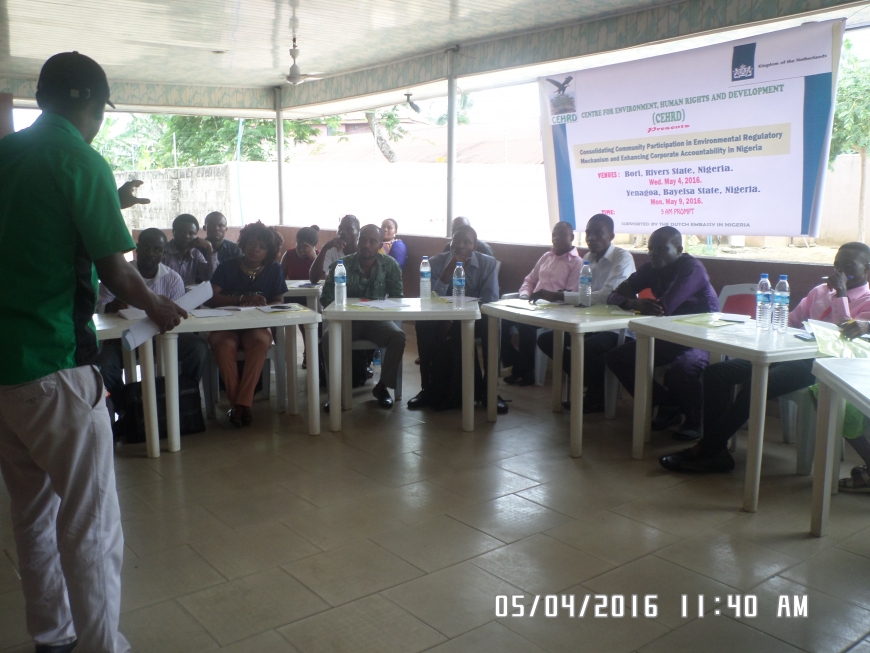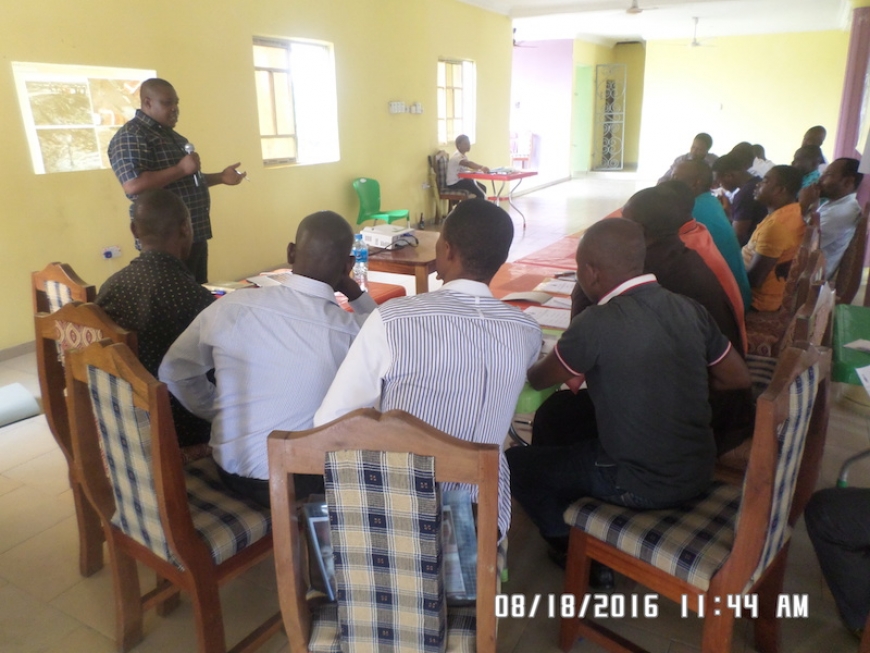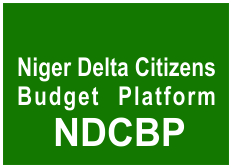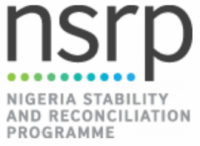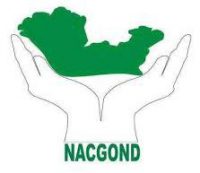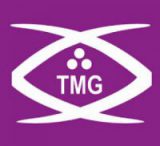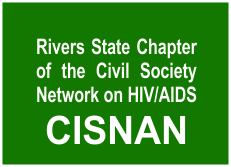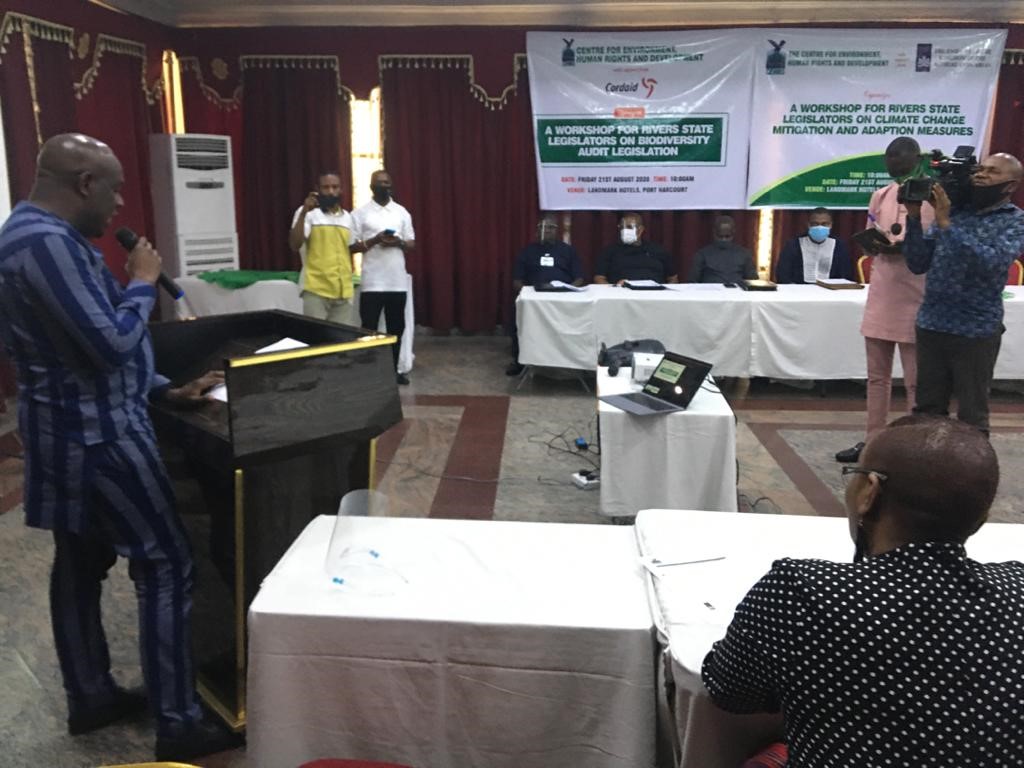
Environment & Conservation
Environment and Conservation
Recognizing that the Environment is our life, CEHRD engages in conservation of forests (rainforests, flood plains, and mangrove forests); wild life protection, restoration and bio-diversity conservation; better agricultural and fishing practices to enhance food security. Environmental and conservation program promotes non-violent activities, eco-tourism, volunteerism, community stewardship, and management of local natural resources. CEHRD also uses low-cost ICT platforms and independent media initiatives to further educate, inform, sensitize and strengthen community advocacy in a non-violent but sustainable manner.
CEHRD is a leading member of the African Mangrove Network (AMN) working together to protect and conserve mangrove forests throughout the African Continent. CEHRD is also a foundation and board member of the National Coalition for Gas Flaring and Oil Spills in the Niger Delta (NACGOND) and the coordinating secretariat of the West African Human Rights Defenders Network (WAHRDN). CEHRD’s core strength includes responsive project development and implementation, policy advocacy and facilitating development research. Currently, CEHRD serves on Nigeria’s Federal House of Representatives Technical Committee for the review of the National Oil Spills Detection and Response (NOSDRA) Act 2006 Amendment Bill.
CEHRD has developed and domesticated an innovative community oil spill monitoring and management mechanism. Tagged Local Oil Monitoring, the model coupled trained local volunteers who monitor and promptly report oil spill incidents using provided smart phones to NOSDRA, who immediately compel the liable oil operator to respond to the spills by containment, recovery and clean up. The scheme has reduced oil spill related conflicts in the Niger Delta region (in Rivers and Bayelsa States where the monitors operate) by 40%.
CEHRD’s Niger Delta community mangrove restoration project, founded in 2005, is an important contributor to regional mangrove conservation debate in the AMN. Data generated through CEHRD’s studies on small-scale shrimps’ fisheries and industrial shrimp fishing in Nigeria funded by the World Conservation Union (IUCN) served as inputs to the Nigeria Sea Fisheries Act 1992 Amendment in 2011. CEHRD also served on the national technical committee for the Act. In 2015, CEHRD trained legislators in Rivers and Bayelsa states on legislative mechanisms for natural resources management. The outcome of the training was the convocation of the first “Rivers State Environment Summit” organized by the Rivers State House of Assembly Committee on Environment.
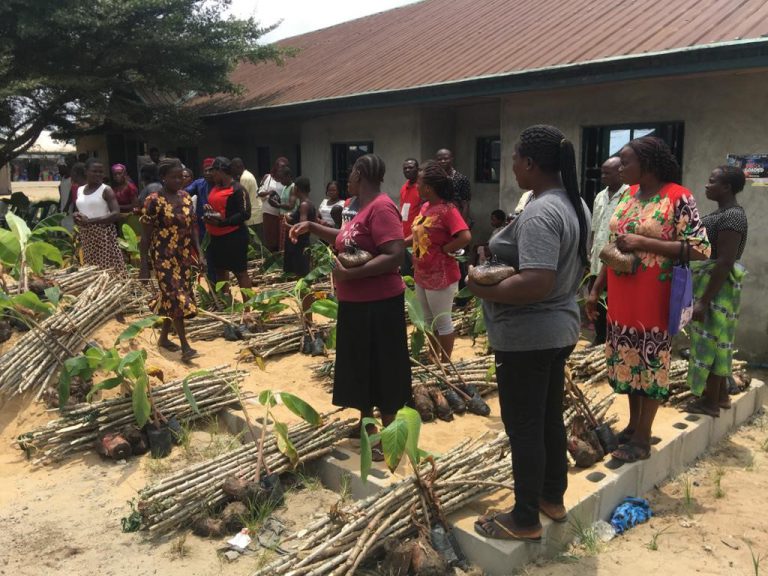
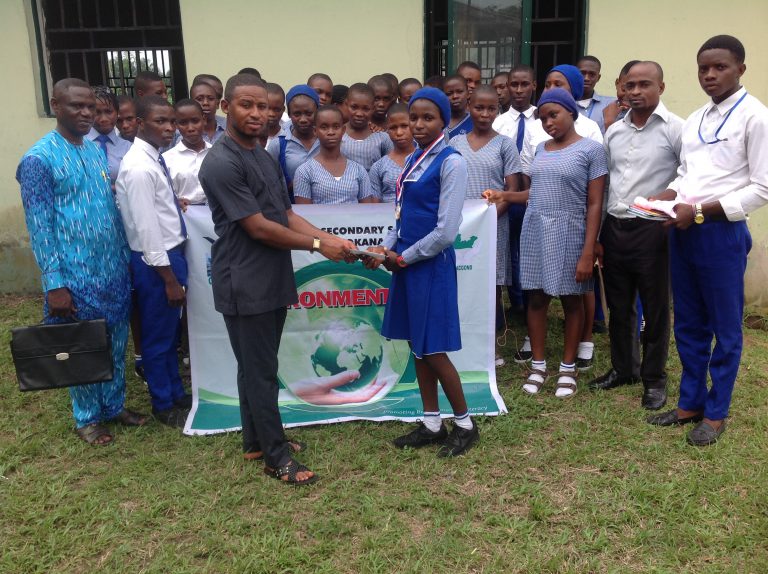
CEHRD’s environment and conservation capacity is internationally recognized. In 2016, CEHRD took part in reviewing the draft protocol on sustainable management of mangroves in West, Central and Southern Africa, and the protocol on integrated management of the coastal environment of the Atlantic coast of West, Central and Southern Africa region, as additional protocols to the Abidjan Convention. CEHRD was one of three African organizations to co-sign the Lampung Declaration against shrimp farming in mangrove areas, in Lampung, Indonesia. CEHRD has coordinated many other projects funded by globally reputable agencies and foundations.
The Dutch Embassy multi-year grant (2014 – 2016) supported to conduct trainings for civil society organizations and local communities in the Niger Delta on environmental impacted assessment principles and practice, training of lawmakers in Rivers and Bayelsa states on natural resources legislative mechanisms, setting up and capacity strengthening of Women in Environmental Justice Network (WEJN) in Rivers and Bayelsa States; organized sustained campaigns against oil theft and artisanal oil refining in the Niger Delta; established the Rachel Carson Environmental Library which is a key literature resource for researchers and students in the Niger Delta region, amongst others.
Canadian Embassy funded CEHRD to organize workshops on environment sensitive shrimp farming and participatory forest management in Rivers and Bayelsa States. We have also trained four communities in Rivers and Bayelsa States on hands-on tree planting; planted 600 seedlings of bush mangrove, a key economic tree in the Niger Delta region. The project was funded through the Dutch Government Project “Groundwork” sub granted to CEHRD by Stakeholder Democracy Network (SDN).
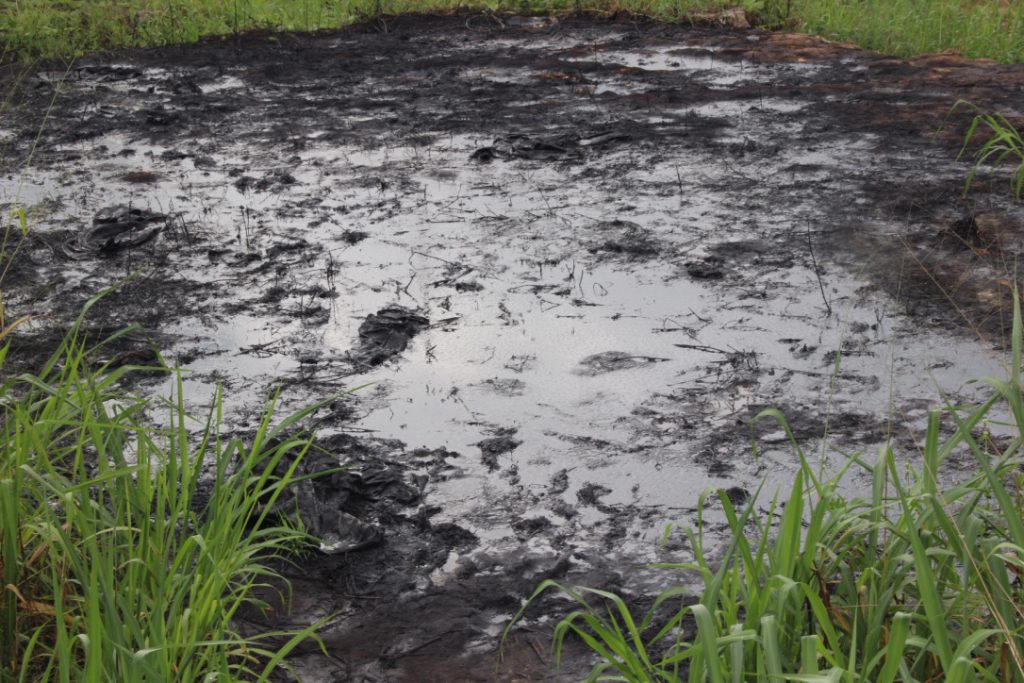
Global Green Grants, PADI Foundation, and Rufford Small Grant basket fund supported CEHRD’s pioneering mangrove restoration projects in the Niger Delta in 2005. CORDAID had supported capacity strengthening of our local oil-spill monitoring project in 2013. From 2016 to date, CORDAID is funding our environmental impact awareness programme in Rivers State – where we are building the capacity of local communities to advocate and solve their problems themselves. CORDAID is also supported CEHRD to conduct an integrated environmental, social, health, human rights and gender (ESHRG) impact baseline study in Ogoniland towards a more comprehensive, effective and community-sensitive response to oil pollution in the Niger Delta. We trained relevant government agencies and the academia on how to undertake biodiversity audits to protect our coastal shores while also sensitizing them on best practices in conducting impact assessments.
Program Reports & Publications
CEHRD’s campaigns for the environmental rights of Bodo people
Select links on CEHRD’s campaign for the environmental rights of Bodo people
Rivers and Bayelsa States Capacity Building Trainings for Community Oil Spill Monitors Phase One
CEHRD organised training of community monitors in Bori, Khana Local Government Area in Rivers state on the 4th of May 2016, while the training of …
Rivers and Bayelsa States Capacity Building Training for Community Oil Spill Monitors Phase Two
CEHRD organised the second phase of trainings for the Rivers state community monitors on the 18th of August 2016, in Bori, Khana Local Government Area in Rivers …
CEHRD Staff Training and Development
During the year 2016, CEHRD trained its staff in the areas of proposal writing and fund raising, project design, reporting, monitoring and evaluation, advocacy and …
THE TRUE TRAGEDY
‘‘In August and December 2008, two major oil spills disrupted the lives of the 69,000 or so people living in Bodo, a town in Ogoniland …
ANOTHER BODO OIL SPILL
This briefing paper focuses on the investigation into the cause and extent of the June 2012 Bodo oil spill. Oil spill investigations in the Niger …

